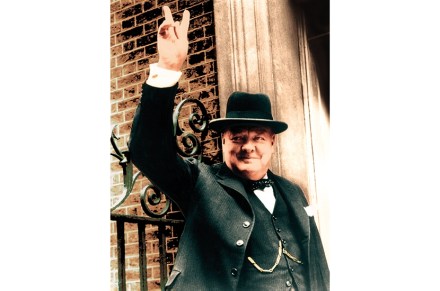Dark days in Hollywood: Mercury Pictures Presents, by Anthony Marra, reviewed
Summer is a time for blockbusters and Anthony Marra has delivered the goods with Mercury Pictures Presents, a sweeping book about 1940s Hollywood, Mussolini’s Italy and America’s entry into the second world war. The action opens in the executive offices of Mercury Pictures International, a struggling film studio run by Artie and Ned Feldman, two brothers modelled on Jack and Harry Warner. It’s late summer 1941, and as well as fighting each other, the Feldmans are fighting the isolationist senators accusing Hollywood of pushing America into war. The battle to get the script for Devil’s Bargain approved is ‘shaping into a pivotal confrontation between campaigners for free speech and crusaders




